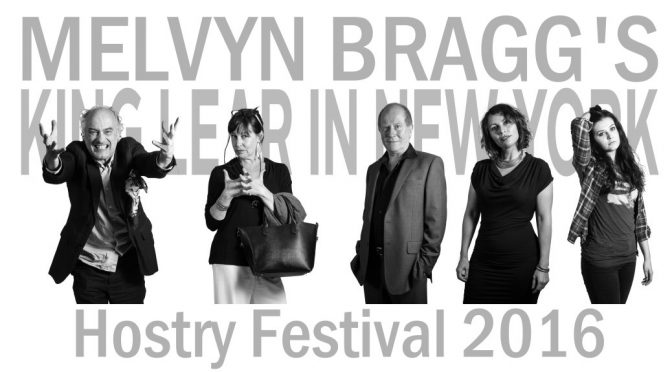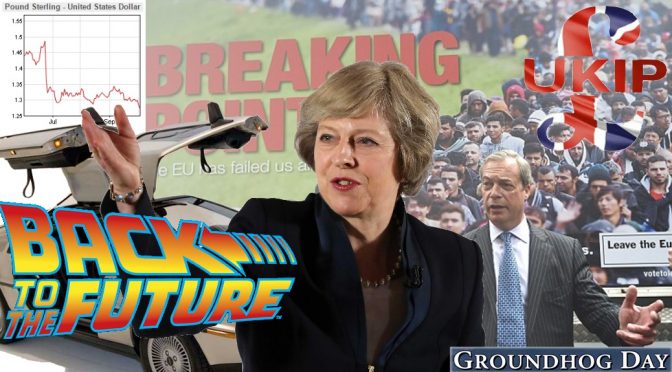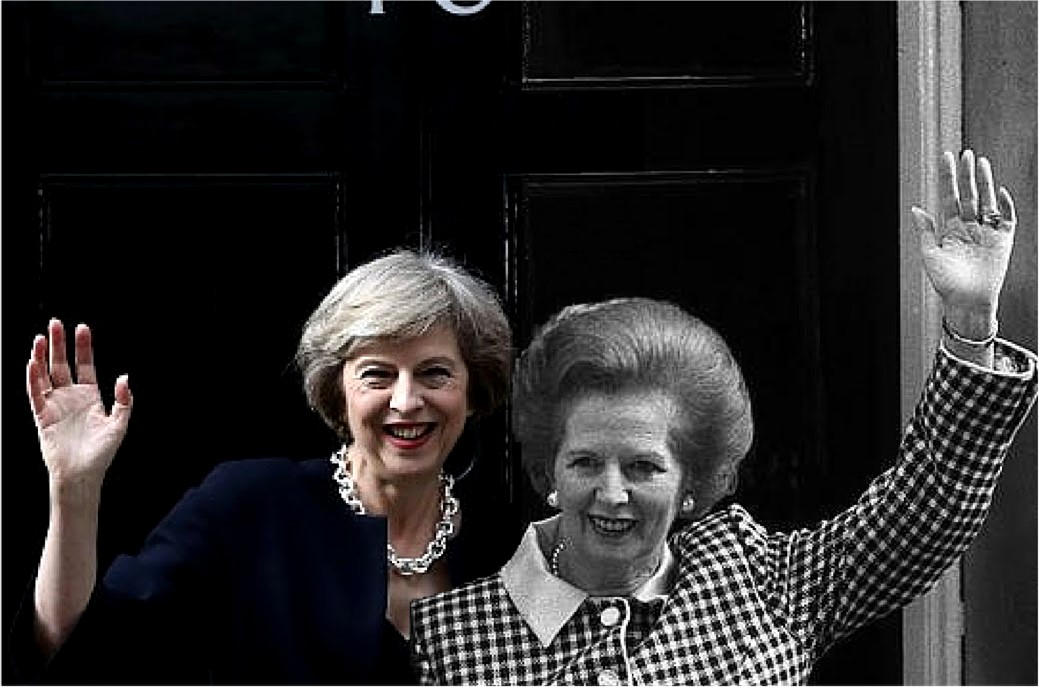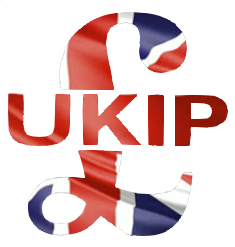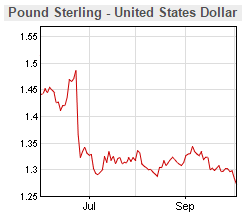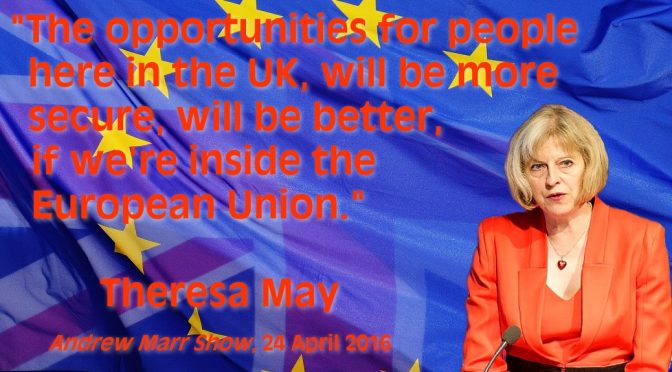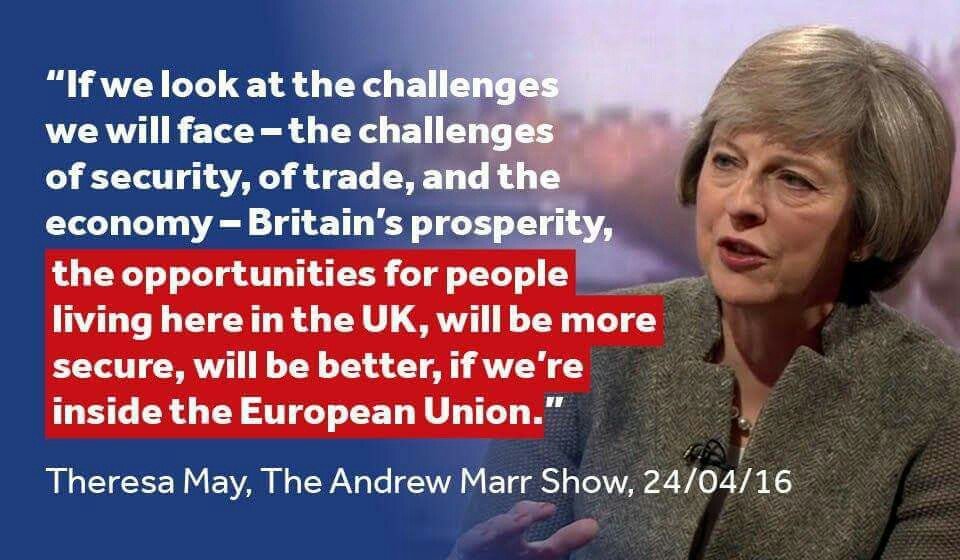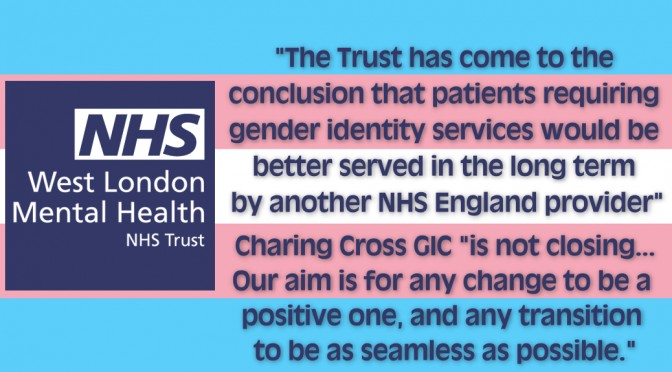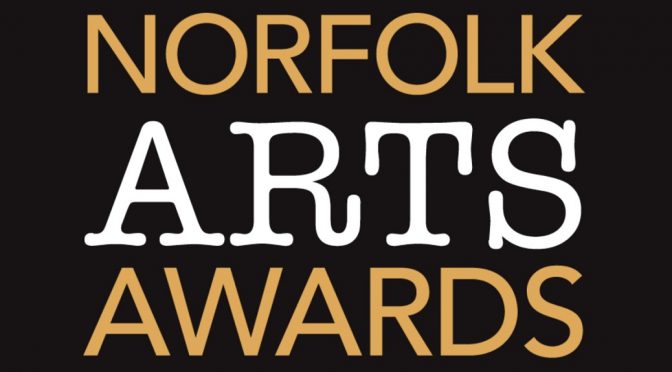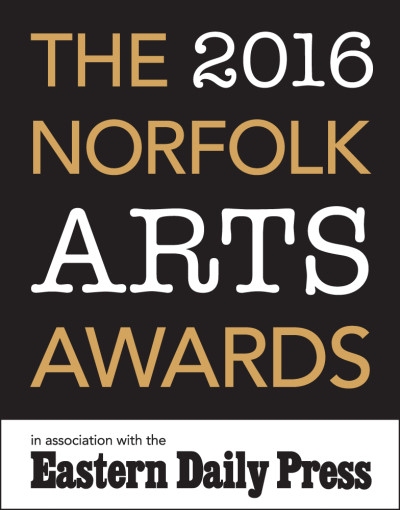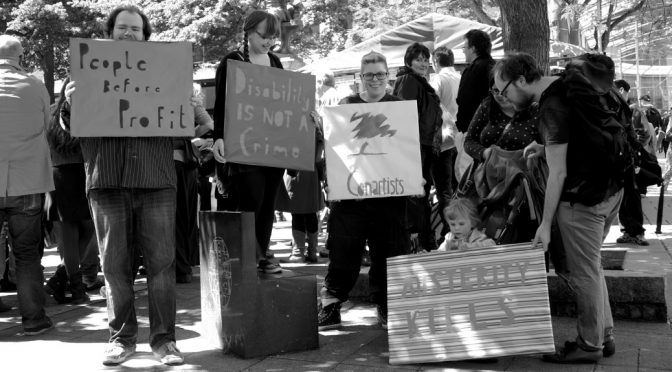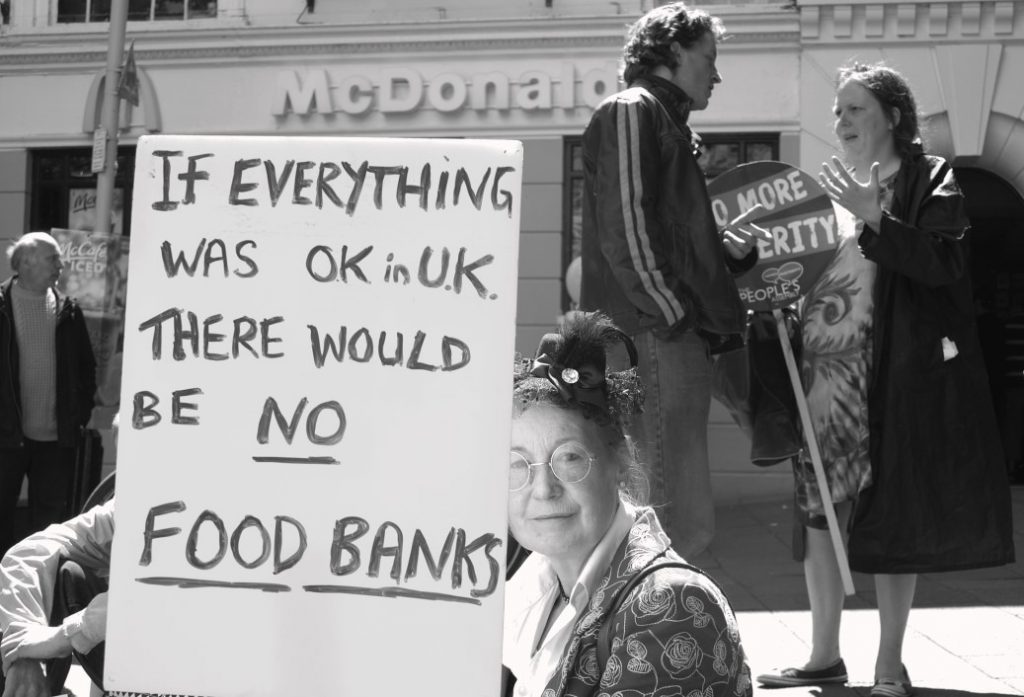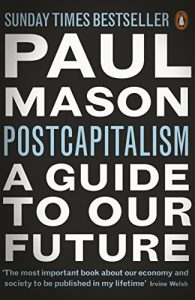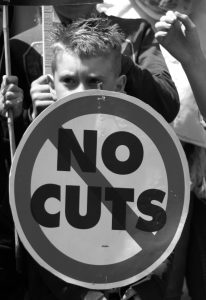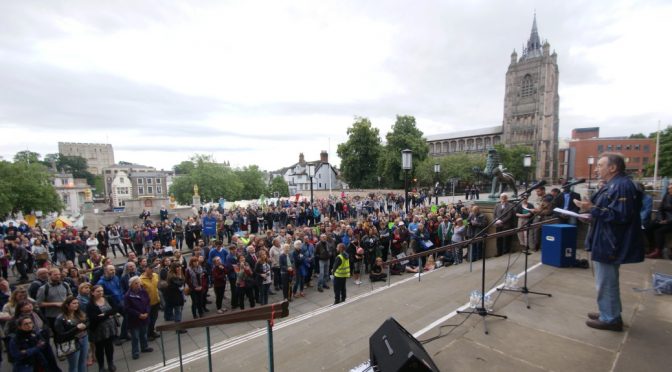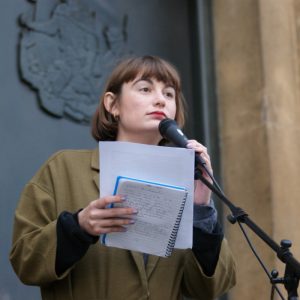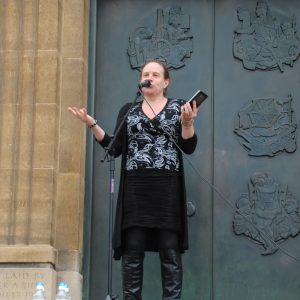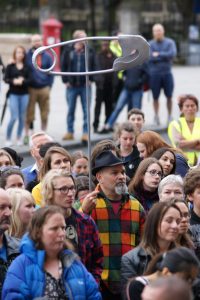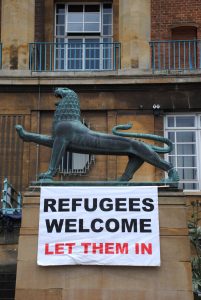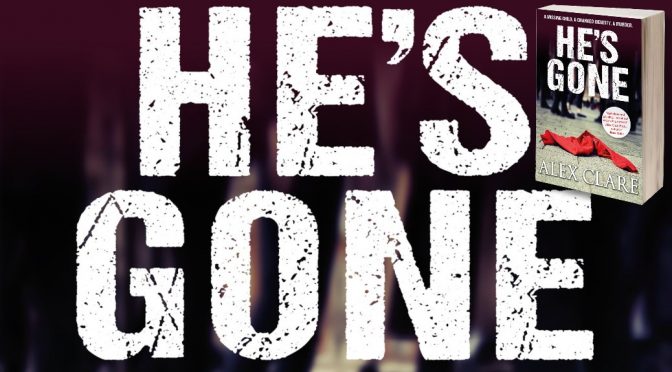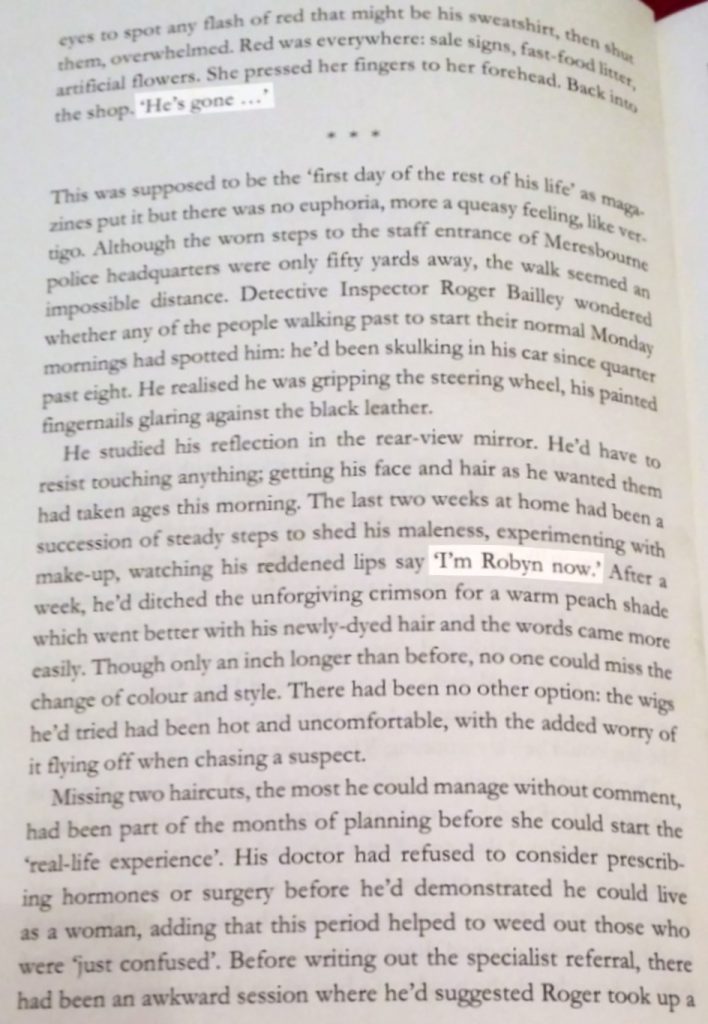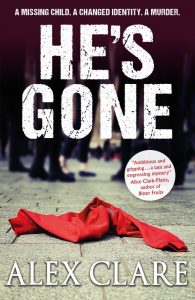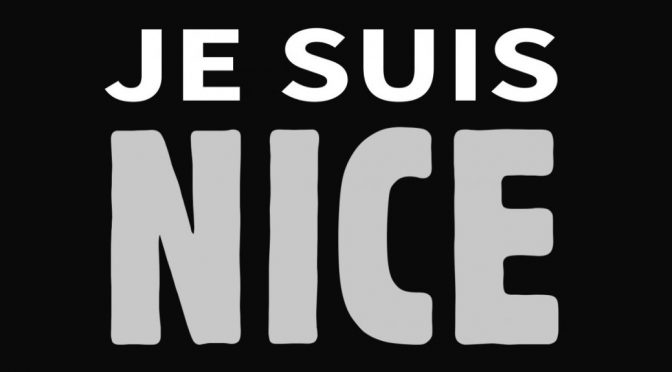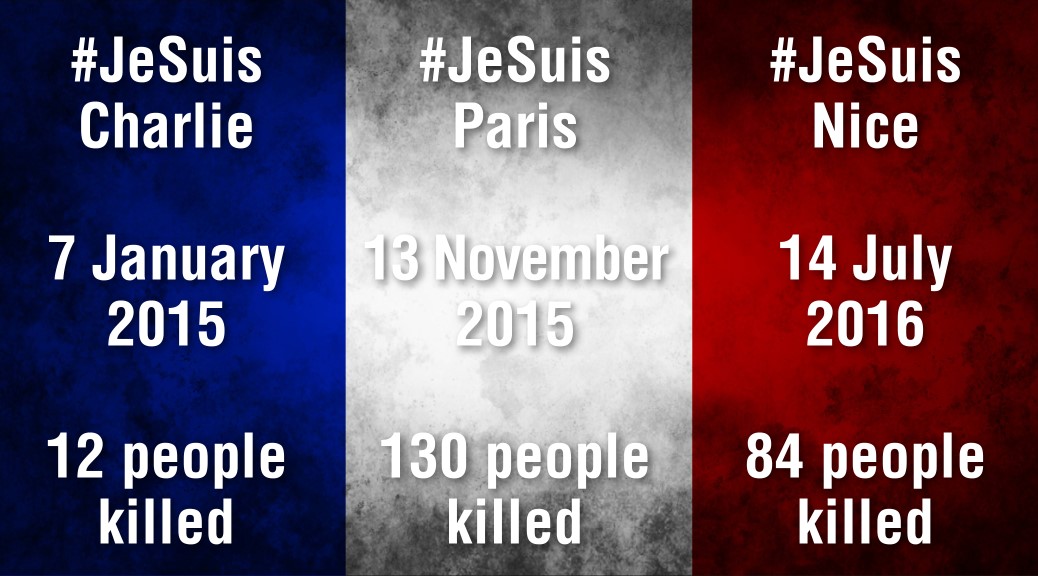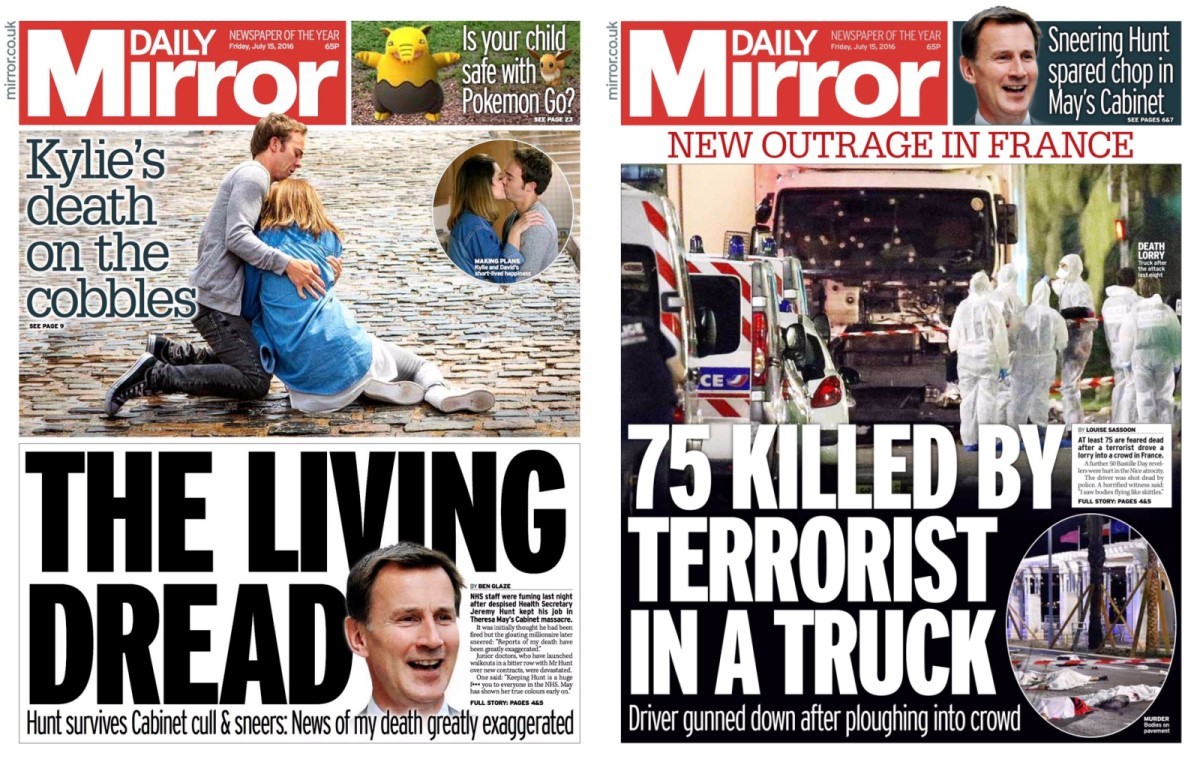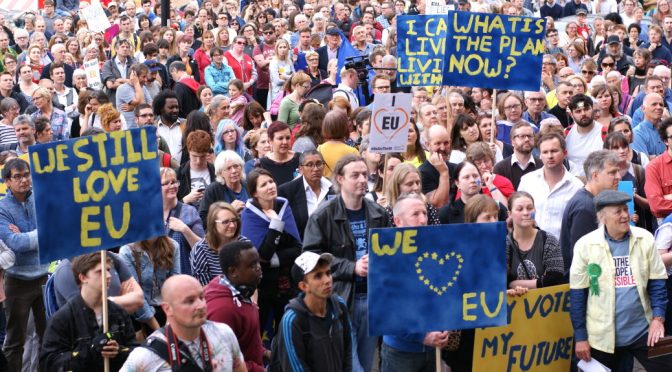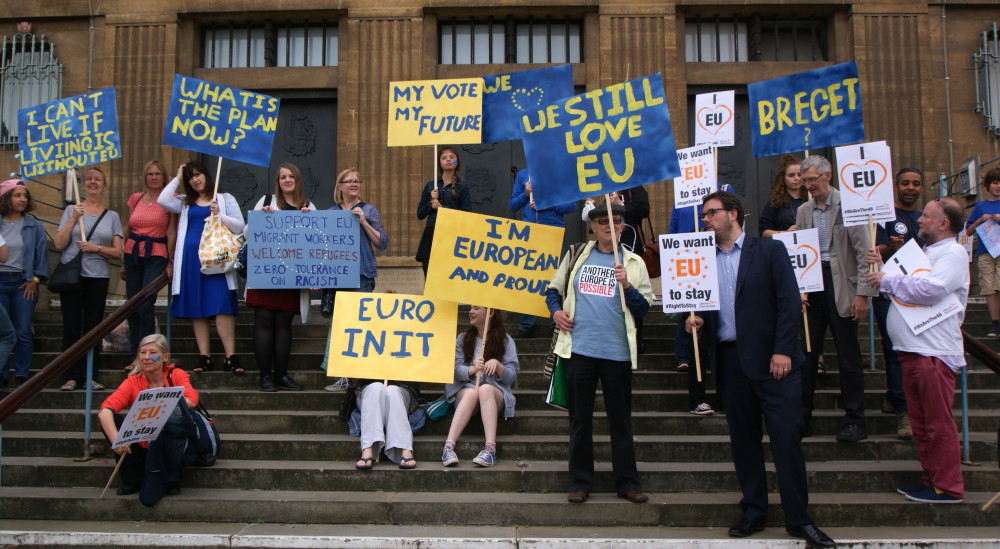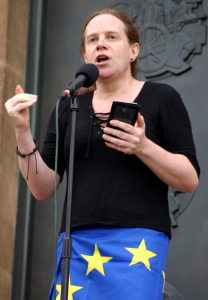As the number of speakers grew so inevitably our speeches had to be reduced, so I’ve put below my full-length text, actual text, deletions and ad libs in different colours, so you can compare the planned and final version speech (annoying for many of you, no doubt, but interesting for speech writers!) – if you want a clean actual speech only version click here.
I’m a democrat, a liberal, a socialist, and an economist and statistician, and have previously run a business that enjoyed the freedom to trade across the EU. Fifteen years ago I would have voted Leave. A fortnight ago I voted Remain with all my heart, having spent the month before it writing and debating daily for a reformed EU, not a disUnited Kingdom.
Let me say from the outset that I believe in hope not hate, unity not division, and am totally opposed to all forms of xenophobia and racism, but and this is where you might not like me so much I’m also against tarnishing all Leavers with the same brush. Whilst the majority of racists it has been said voted Leave, the majority of Leavers are not racists. Nor are they all elderly, nor are they all uneducated, nor are they all unemployed, nor of a different class to some people who may be gathered here. Yes, there are demographics that voted more one way than another, but descending into generalisations and personal attacks without factual qualification is part of the very issue that brought such disrepute to the campaigns of both Leave and Remain.
That said, the result of the vote which falls on everybody as much it falls on all voters, as it falls on non-voters, it falls on the media and politicians and everyone who got us where we got two weeks ago which is not the end we can still change that but there have been alike, has been that a majority of people of colour, folk from different countries and cultures, even legally British but ethnically diverse people who have been here for years, my partner is Dutch and has been here 17 years but couldn’t vote. Some of these people now feel less welcome, less safe, and along with a majority of young people under 35, are now worrying about a more insecure future with fewer educational, scientific, cultural and employment opportunities.
At the same time though we have to accept that a majority of unemployed or low-paid working class people also lacked hope and voted ‘Out’ because of their own fears about the future, exacerbated by unfounded beliefs that immigration was a threat to them personally or that the alleged benefits of the EU had passed them by and had not been felt or recognised by them. Our failure was in not getting across that message. We need an inclusive internationalism that leaves no communities and no or classes behind. Being part of the 48 per cent, if we shift that to 52 or 54, or 55% we still end up in a divided country if we can’t make that 65, 75 or 95% in favour of staying in Europe, and that means engaging with the 52 per cent, rationally, fairly and humanely.
We need to unite against prejudice, against discrimination, xenophobia and hate. I believe that the EU has actually helped that over the years with its motto of “Unity in diversity”, not just of nations and disparate peoples, but also of workers and employers, of women and women, LGBT and other minority communities. The Friday just before the Referendum, it was a Herculean task but they got all 28 nations of the EU to agreed common cause on promoting LGBTI rights across Europe, being part of the EU has helped people like me as a trans person because the EU actually trumped the UK in various courts so that laws were actually, yes, imposed upon the UK by Europe, but they were laws to do with human rights that needed imposing on us! But the EU having these kind of rights to do with human rights and LGBT rights and all the other things, they will actually mean that they can demanded improvement from countries that want to join the EU, from accession countries, countries like Turkey, with its poorer that has an abysmal human rights record. If they want to join the EU then they’re going to have to join the unanimity of the countries that have already promoted human rights in Europe.
The very worst thing that has come out of Brekfist (oops tongue tied and hungry!) Brexit, to me, has been the rise in hate crime – already we saw last year in the UK a rise in on the up, particularly Islamophobia in 2015. But even here in Norwich on a single day just days after the Referendum I heard of 3 local hate incidents, by the end of the weekend nearly a dozen I’d heard of, and those were just those I was connected to via social media here in Norwich. There were a hundred more elsewhere over Brexit weekend, and over 500 since, over a week it was 500% up according to the police, 66/day in London, 200+/day across the country, according to Tell Mama, over 800 per cent rise in Islamic phobic hate crime. Most go still unreported, so the situation is probably worse, many are now living in fear. Now, I don’t mean to shock you with this but one of the worst statements of what was actually casual racism as it’s called, as if there’s such a thing I saw was online, and it was locally was, and someone said: “don’t worry about the rise in racism, it will be offset by the fall in murders and rapes murderers and rapists“.
That is something we need to oppose vehemently, and that’s root and branch, and that doesn’t just mean “Oh I condemn it ” and politicians saying “I condemn it, and we’ll do more about it”, it means getting to the grassroots of culture in our country to change people’s attitude. London was a place that voted predominantly to Remain and yet has the highest immigration and has had it for the longest it is more integrated. I lived there in the 80s when it was less integrated. Places like Boston, yes they have high immigration now but it isn’t fully integrated yet and they haven’t got used to it. Some of these things take time but leaving Europe means we haven’t don’t have that time. There are things that we need to do now.
The UK was actually part of a liberal bloc in the EU, and that is actually weakened by our leaving, we’re abandoning the liberal and reforming movements within Europe by leaving them without what would become a 35 per cent blocking minority on less-liberal proposals from further far right groups factions within Europe the EU.
Absolute sovereignty and security – sovereignty was the biggest issue, even above immigration, in the EU campaign but absolute sovereignty and security in a global world is a myth. Geography continues to be redrawn on maps, and online daily – it doesn’t really exist at all. Instead, according to a leading British professor of EU law it’s about control and power, and they’re not even true. After Brexit we will have more apparent control but less actually less power and less influence in the world, and none at the EU table, and losing a market and community of states, that’s twice the size of America, and nearly half of our global trade. And even if we leave we will remain in the European Courts of Human Rights, we will remain in the Council of Europe, we remain in NATO, WTO, G7, G20, various international laws, human rights, maritime, and environment agreements. This is the 21st century not the 19th! We cannot peddle backwards.
Democracy though is imperfect and not always right – especially, when I don’t get my own way. Ha, no! Yes, the Referendum was democracy in action, but democracy in a factless vacuum and a fatuous vacuum does not work – Hitler rose to power on democracy and then abused and crushed it in the name of national unity and self-interest.
Democracy also fails when there’s evident electoral bias. My South Norfolk Polling Station had two Brexit tabloids on display next to the voting slips, if you ask me that invalidates that vote and that wasn’t Norwich I live just South – still under investigation by the Electoral Commission and local counting officer, despite reporting it halfway through voting day.
Democracy doesn’t work when we are lied to by, both sides, leading to a situation where 22 per cent of people admitted they didn’t understand the facts well and yet still voted, some of those same people googled after the polls closed, “what is the EU?” 47 per cent believed the Leave campaign’s openly acknowledged “mistake” and withdrawn promise, the that of the false £350m a week EU contributions blatantly false and proven to be so. That was and electoral bribe that was withdrawn immediately. That invalidates their entire campaign it would now be spent on the NHS. The Health Service will not be getting £350m more. Furthermore, the vote will make little difference to immigration. Net budget payments to the EU will probably cost us almost the same to get some kind of Norway or Swiss deal. If the Pound remains low, inflation will already add 5-10% to food and petrol prices, affecting everyone and especially the working classes, especially the poor, especially the people who voted ‘Out’. If we ever want to rejoin, you can be assured we will never get the rebates, reforms and exemptions we got before. We actually have one of the best deals in Europe at the moment and we’re about to trash it.
One of my biggest issues, is that people were not informed of the economic, social and legal facts and consequences, without falsehood or media and party bias, in order for the Vote to fairly consent to the Referendum choices, how can they consent when what they heard was not fair or true. In the most more blatant cases they were lied to by again both campaigns. Exaggeration that was what the Chilcot Report criticised Blair’s campaign to go to war over, blatant exaggeration. Fear won. It was a campaign of fear. Democracy based upon lies and fear is not democracy but deception and manipulation. That is how the National Socialists rose to power in the 1930s.
My first degree was in Economics and Statistics so I know very well how to lie! The UK was 5th in the world economic tables, and was about to overtake Germany, because of the Pound’s since Brexit’s 12% currency devaluation the last two weeks, (18% off its 12 month peak) we’ve already dropped a place slipped to 6th instead, behind below France. And we will keep slipping if we do not reform Europe and the UK’s position in it. The FTSE 250 remains 8% down.
But our rights of representation include the right to protest the results of any electoral or parliamentary decision, that’s what democracy is, it doesn’t mean just once every 5 years or once every 50 years which is what the EU Referendum was about. The rights to representation means we can keep complaining, it’s not sour grapes, it’s not just get on with it and accept it, or e-x-c-e-p-t it as a lot of people have been spelling over Facebook! I do agree with ‘excepting’ that decision the other spelling! But as millions have done since austerity under the Tories, or even under the war that Tony Blair took us into. People took to the streets and called for general elections, called for referenda, called to bring down governments, that is our democratic right, not to accept the decision and to keep campaigning, but to keep persuading as well, to keep proving that a majority are moving in favour of staying.
Agitation to peacefully bring down a government, petition for change, is a very British revolutionary right way of doing revolution in these days. The parties are already stabbing themselves in the back. Brexit It has already brought down several seen two party leaders go and most of the Brexit pretenders. Nigel Farage himself, as you’ve already heard, says admitted that he too would have called for a second referendum had the margin 52-48% been the same in Remain’s favour. So it’s schadenfreude and hypocrisy to say that we shouldn’t be calling for it too.
In the 5 days since the Referendum, Parliament received over 5,000 petitions, nearly 50 times their normal democratic load. The most famous is the call for a second Referendum if there was a narrow margin of victory. It was actually a Leaver’s petition hijacked by Remainers! It has over 4 million signatures even after removing the fraudulent ones, the fastest and largest ever in the UK.
That is a demonstration of democracy, that is a demonstration of people power and a demonstration of political engagement but it is still not enough. If 80% of young people wanted to stay in and yet 80% didn’t vote, then there’s still a lack of political engagement, that’s what we’ve got to change.
People power can bring down governments and/or prevent Article 50 if we can prove the electorate has changed its mind or was lied to as with the Chilcot Inquiry into the Iraq War.
We can continue to call for compromise and delay, and a fresh democratic mandate to ratify or reject any Exit deal, once the facts are known. This has been suggested by Jeremy Hunt, the Health Secretary, despite being ruled out by all the Tory leadership candidates. There are legal reasons why a referendum based upon lies can be disregarded, indeed Parliament is only morally obliged to follow a referendum’s verdict, not legally.
The regret vote, according to polls, is now already shifting 7-14% away from Leave, (oddly enough 3% of Remainers have shifted to Leave!). But the point is the gap has shifted in our favour. Wales is now polling as majority Remain – probably because of the football! People on Guido Fawkes website are already planning street demos and riots should there be a second referendum or non-Brexit. But it is the extremes of traditional Left-Right politics behind Brexit, nationalistic and anti-establishment views, not the centre ground of engagement with Europe. Politics is changing and it’s calling. It calls for a new politics, a the rainbow coalition and progressive alliances to defeat an insular nationalism. A majority of those under 45 voted Remain, but a majority of those under 35 didn’t vote. We need to re-engage with not only politics but voting and that engagement and education so that people’s futures are enfranchised. I think it was one of the Swiss guys this week who said that where we have failed is by abandoning investment in education over the last 2 decades. I mean with people like Gove at the helm – that is why!
If Article 50 is delayed and a Referendum or General Election called before any final EU withdrawal attempt, by then hundreds of thousands more younger people will have gained the vote and those that didn’t vote can be mobilised.
The UK and its universities receive more funding from the European Research Council than any other country and 50% more than Germany, allowing UK universities to fund more than 10% of project-based research from EU contributions.
The EU has contributed to 50 years of peace and harmony in Europe, prosperity has been dented not because of the EU but because of austerity and the world economic crash of 2008, because of the banks, because of bailing them out and not bailing the poor out.
Being in Europe but not a part of the Euro, has actually served British interests very well.
The EU does not want us to leave, nor do Scotland, Northern Ireland, Gibraltar, London, Norwich and elsewhere, not to mention Wales and Cornwall beginning to shift. I want to remain and if we have to leave, to revote once the facts of the deal are knows, or to petition to rejoin, as soon as possible.
It is not a loser’s tantrum, it’s my democratic right and yours to keep saying that I want to stay in the EU, even in opposition, but significantly it is and my moral responsibility to stand up for those in the UK who don’t have no electoral rights, no voice, like the millions of EU and other immigrant peoples who cannot vote, and the people under 18 whose futures we are gambling deciding now but the reality of which will not kick in until a time when they would have had their own a say.
With 7-14% of Leavers regretting their votes and 100s of thousands being enfranchised by the time an EU deal is negotiated, we would almost certainly vote Remain at another more honest fact-driven Referendum prior to debating deals or launching any Article 50, next year – according to Theresa May.
We are entirely within our rights to keep making those voices heard, as we are today. Thank you.




